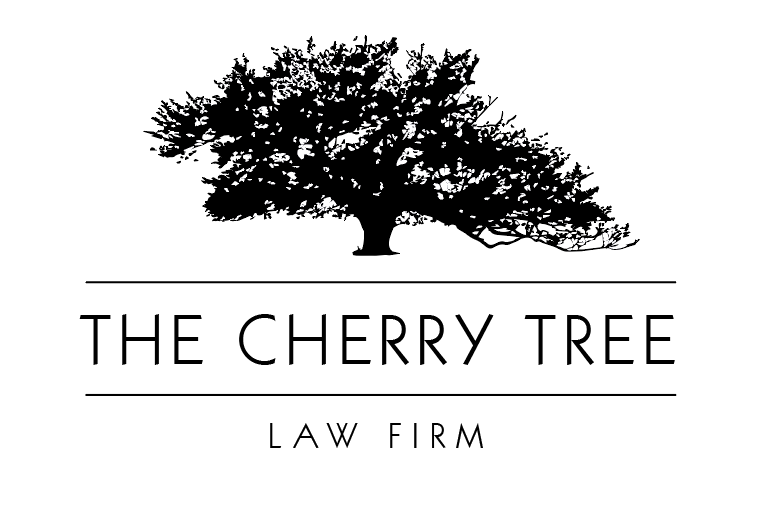When you die, your debts do not die with you. However, your estate, is usually the first in line to pay any debts you leave behind. Your estate is made up of any money or property left in your name alone or in a trust you have created. If your estate does not have enough money, the debts will often go unpaid unless there is another person listed as a co-signor or co-owner of a secured debt. Co-signors of a particular debt are responsible for that debt ex: credit card debts. Joint owners of property are still responsible for any debts on the joint property ex: real estate or a car. In addition, spouses may be responsible for some debts: particularly medically debts. However, it is rare for your children to have any liability for your debts without co-ownership or co-signing.
Your will or your estate plan will dictate how creditors are paid and how your heirs are protected. Consult with your attorney to determine how your estate can be protected.


